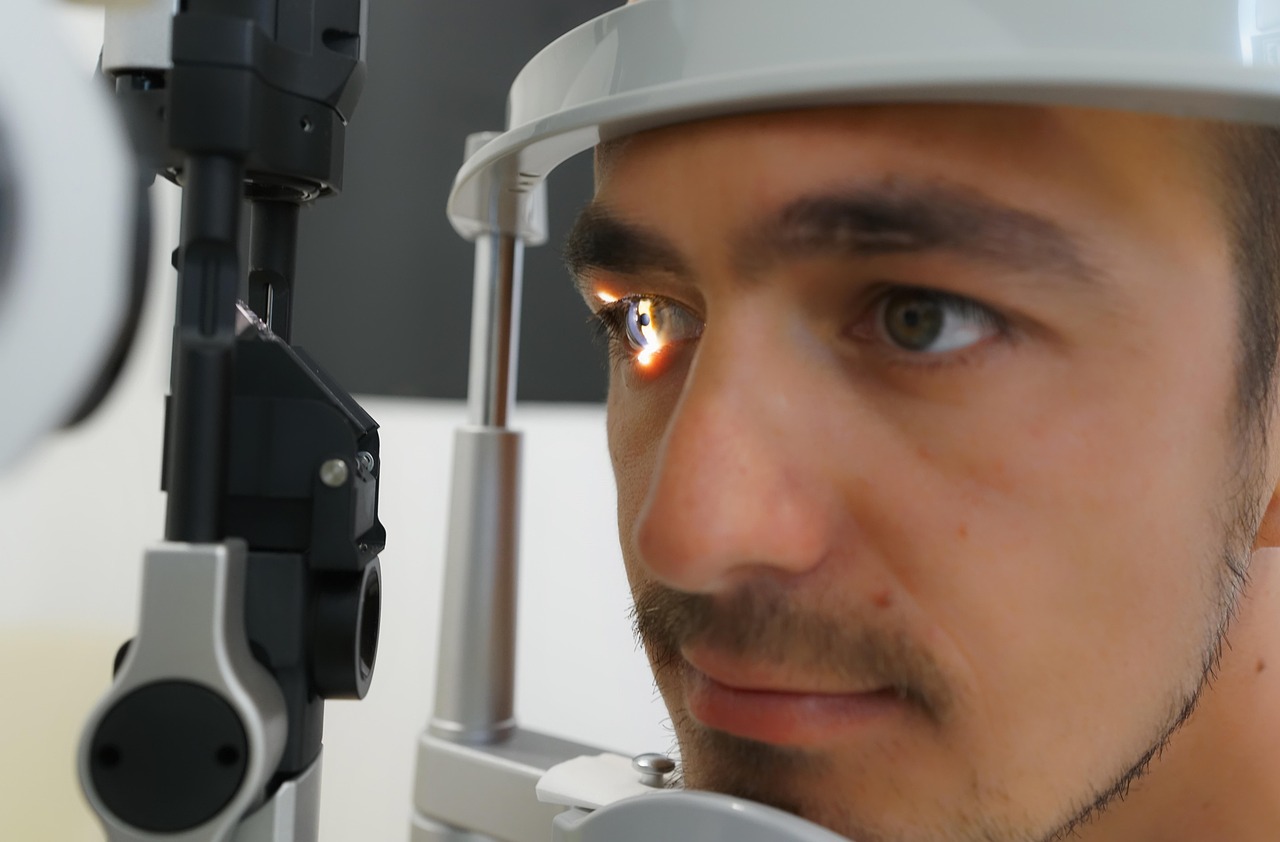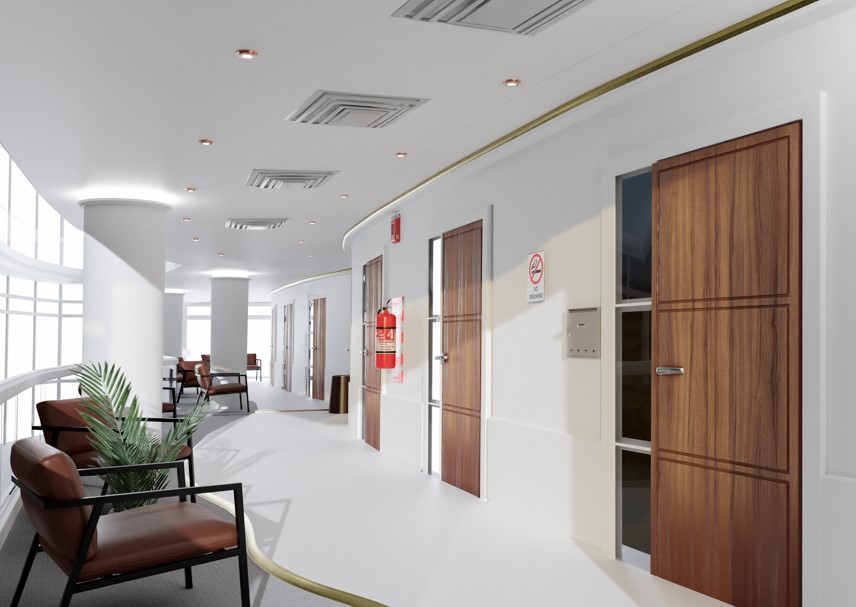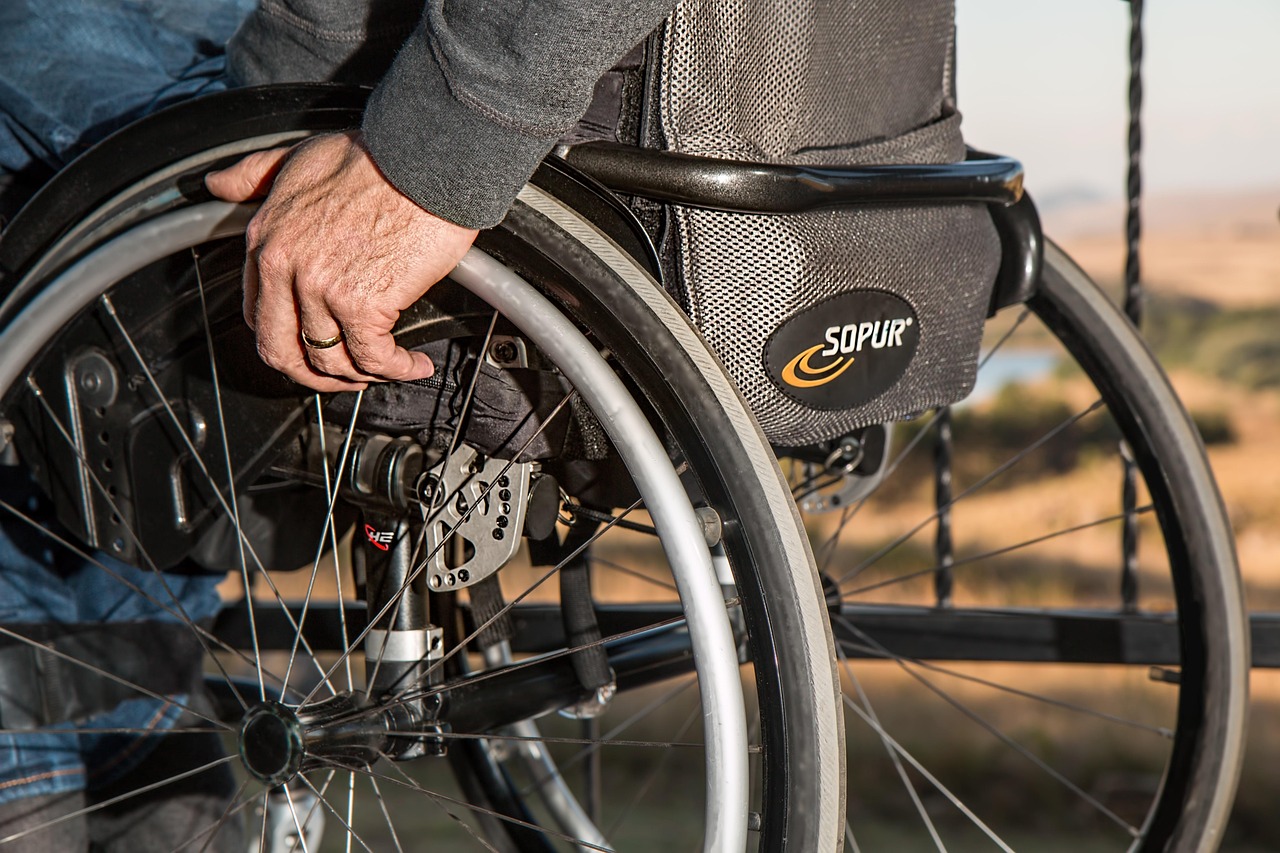20
Dec 2024
Could Your Patient Accommodation Be Covered With Injury Compensation?
Published in General on December 20, 2024

Imagine this scenario: you’ve been injured, your work life has been turned upside down, and now you’re travelling across the state or country for medical treatment. It’s tough enough dealing with the emotional and physical toll, let alone the financial strain of paying for temporary accommodation.
But here’s the thing — did you know that injury compensation could go toward covering your patient accommodation costs? Under some circumstances, you may be reimbursed if you’ve had to travel due to a personal injury or work-related incident.
Let’s break it down.
Understanding Compensation for Travel and Accommodation
When dealing with a personal injury or work-related claim, the focus often falls on covering medical expenses or lost income. But what about the added costs of being away from home? Whether it’s a long stay in a hospital in a city far away from home or frequent trips to receive specialised care, these costs can accumulate quickly.
Compensation frameworks like WorkCover in Australia often take a broader view of what’s considered a “necessary” expense. Travel and accommodation costs linked to medical treatment could be included, especially if those costs are essential to your recovery.
This is where having expert guidance from Melbourne family lawyers is invaluable. They will be able to unravel some of the legal jargon in your particular case and see whether you could be entitled to compensation with no stone left unturned. A good lawyer isn’t just about winning your case — they’ll help you understand what you’re entitled to and explain where accommodation costs fit into that equation.
Because, let’s face it, figuring this stuff out while dealing with an injury is the last thing anyone wants to tackle solo.
What Kinds of Costs Are Covered?
If you’ve travelled for medical reasons due to a personal injury, you might wonder, “What exactly does ‘compensation for accommodation’ mean?”
While it doesn’t mean a free pass to stay in a five-star hotel, it can cover necessary and reasonable expenses. Think hospital accommodation stays, serviced apartments, or a short-term rental near the treatment centre.
Depending on how far you’ve travelled, you may also receive compensation for travel costs like fuel, public transport fares or flights. The key word here is reasonable. Expenses must be directly related to your medical treatment and justifiable as part of your recovery. This means staying within your budget and opting for practical, not luxurious, accommodation options.
If you’re claiming through WorkCover or a personal injury compensation scheme, it is important to keep a detailed record of expenses. Save all your receipts, log travel distances and make a note of how these costs connect to your treatment. Legal assistance can help you present this information clearly, ensuring there’s no confusion when it comes to claiming reimbursement.
Why Location Can Make or Break Your Case
Australia is massive, and if you’re in a remote area, accessing specialised medical care through the Australian healthcare system can feel like a mission. Injured workers and patients from rural or regional areas often need to travel to major cities like Melbourne, Sydney or Brisbane to access the best specialists. This is especially true for conditions that involve major surgery or long rehab programs.
The financial strain of such travel is undeniable. For example, let’s say you live in Ballarat but must travel to Melbourne for weekly physiotherapy sessions following a workplace injury. Covering petrol, parking fees, or even a couple of nights in the city can become overwhelming without financial assistance. This is where compensation frameworks acknowledge the need to fill the gap, ensuring that patients can receive the care they require without the need to bear crippling costs themselves.
To strengthen your claim, work with professionals who understand the challenges of being a regional patient. Personal injury law is a popular area of specialisation for many lawyers, and they’ll be able to guide you through every step. They’ll also know how to highlight the significance of your travel and accommodation to your healing journey.
Navigating WorkCover and Personal Injury Claims
Sifting through Australia’s compensation systems can feel like trying to translate hieroglyphics. But WorkCover and personal injury claims support people who’ve had to step out of their everyday lives to focus on recovery.
WorkCover, in particular, offers coverage for reasonable travel and accommodation expenses linked to medical treatment. But remember — you need to show that you meet the eligibility criteria, which often means showing that the travel and accommodation were necessary. For example, if you couldn’t receive the required care in your hometown, WorkCover would more likely approve your accommodation claim.
Personal injury claims can also include accommodation costs, but the process is more demanding. Typically, you must show how the costs are directly related to your injury and recovery. This is where expert guidance is invaluable. A personal injury lawyer can advocate for you, showing insurers or courts the necessity of these expenses in the broader context of your recovery.
Why Legal Guidance Makes All the Difference
Trying to manage an injury claim while balancing medical appointments, treatment plans, and accommodation logistics is no walk in the park. Having someone who knows the legal ins and outs on your side can be a huge relief.
A legal expert will look at your situation holistically, assessing how every element of your claim fits together. They’ll assist you with calculating reasonable costs for accommodation, collecting evidence and representing your case. Most importantly, they’ll also ensure you know all your rights and what you’re entitled to, not just the obvious ones. Having the right support team ensures you don’t leave money on the table, especially when you’re already dealing with so much.
Final Thoughts
Travelling for medical treatment due to a personal injury is stressful enough without worrying about how you’ll pay for accommodation. If you’ve found yourself in this position, know that you’re not alone — and there’s financial support available. Injury compensation schemes, including WorkCover, can cover reasonable hospital accommodation and travel costs, provided you meet the eligibility criteria and present your claim effectively.
If you’re negotiating your case in the legal system for the first time or hopping through a potentially tricky claim, seeking professional insight from trusted experts can truly make a difference. They’ll help you understand your rights, simplify the process, and ensure you get the support you deserve because recovery should be your focus, not the bill.








